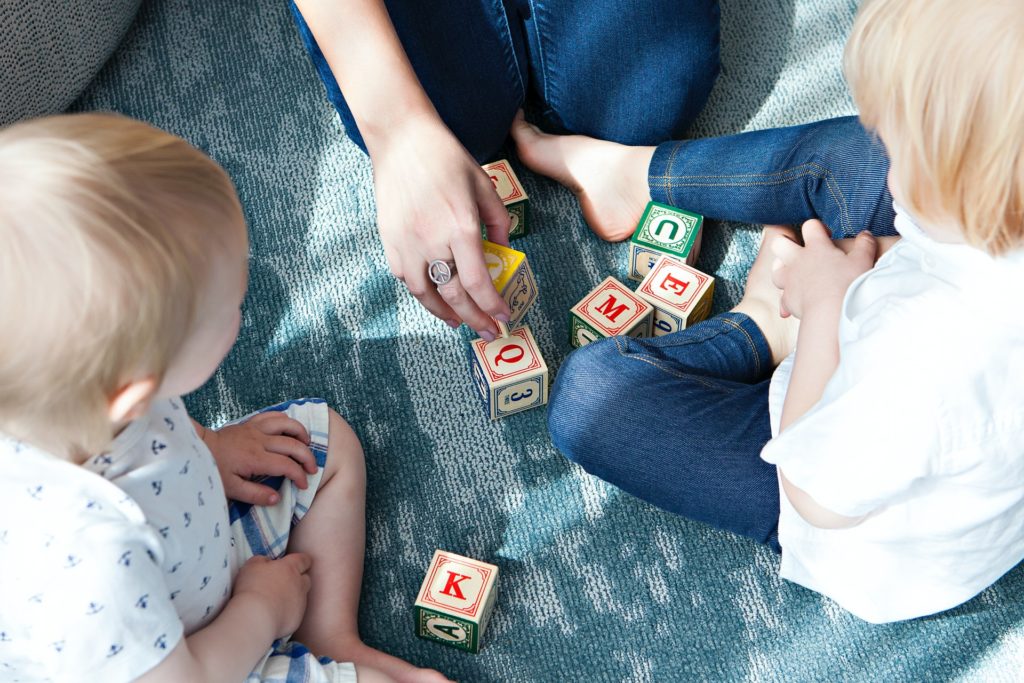As a parent, your child’s well-being is a vital part of your everyday life. You make sure they get necessary vaccinations and doctor’s appointments, coerce them into eating their vegetables and do everything in your power to keep them safe, happy, and healthy. If they’re feeling under the weather, your own routine is thrown out of whack—even when you aren’t caring for them directly, you’re too worried about them to focus on other responsibilities.
However, the adage of securing your own metaphorical oxygen mask before helping others in a plane crash is true nowhere more than with parenting. To be the best parent and person possible, you must take care of yourself. In this case, though, you’re a little extra lucky. Many methods you already use to meet your child’s needs can support your own well-being, too.
1. Prioritize education.
Parents are obligated to send their children to school, of course, but that doesn’t mean your kids will always enjoy it. Do what you can to make learning fun and, even when it isn’t, be sure to emphasize the importance of getting an education. For instance, your young student might not be thriving in a public school setting.
By researching other options, you might stumble across museacademybk.com, the website for an independent private school for children in Brooklyn and the surrounding area. MUSE Academy focuses on instilling a dedication to lifelong learning, which you, too, can implement.
Foster your child’s particular interests and take time to learn something new yourself—you’ll be demonstrating a wonderful habit for you both. As a result, you’ll have greater mental stimulation and increased knowledge in a variety of subjects.
2. Focus on health & wellness.
Chances are, you’re already taking care of your child’s health in terms of checkups and Flinstone’s-style vitamins. You might even enroll your little one in a youth soccer league or other sport to make sure they’re getting enough physical activity. Mental health, however, is one area where many parents lack focus. If you‘ve dealt with mental health issues like depression or PTSD, you don’t want your child to suffer through the same.
Providing emotional support at home can make a difference but, if you sense your son or daughter is struggling, consider seeking out a therapist, counselor, psychologist, or another mental health professional who works with young people. Today, kids and adults alike can prioritize their mental health from the comfort of home with online therapy options.
A licensed therapist or psychiatrist can meet with your child in in-person live sessions or via live chat (similar to an instant message or texting program) or video chat to listen to any concerns and provide critical treatments like cognitive behavior therapy. Are your worries over your child’s mental health condition causing issues with stress or anxiety on your part, too? You can take advantage of the same online or in-person therapy options to take care of yourself, too.
3. Strengthen your relationship.
From spending quality time with their little ones to being open and showing compassion, a parent can’t afford to underestimate the power of building a strong relationship with their child. Prioritizing your child doesn’t have to be all-encompassing—simply take the time to bond with them one-on-one, connect with them, play games, or just remind them of how much you love them. In the process, you’ll gain the benefits of a healthy relationship, too.
4. Be open to being wrong.
All too often, parents become a sort of omnipotent, irrefutable authority in their child’s life—yet parents are human, too. With that humanity comes plenty of fallibilities, or the ability to make mistakes or otherwise be incorrect.
While it can be hard to admit when you’re wrong, it’s crucial to meeting your and your child’s needs. Not only will this sort of admission help you to strengthen your relationship with your child, but it will also help them see you as a real, imperfect human being. As such, you can be their greatest, most inspiring role model.
Like any parent, you do what you can to prioritize your child’s needs, but it’s just as important to ensure you’re caring for yourself, too. Whether it’s learning alongside them or building better mental health and a stronger connection through chat-based or face-to-face therapy or counseling sessions with a family therapist, time spent with your son or daughter is never wasted—and can have an incredible impact on you both.

